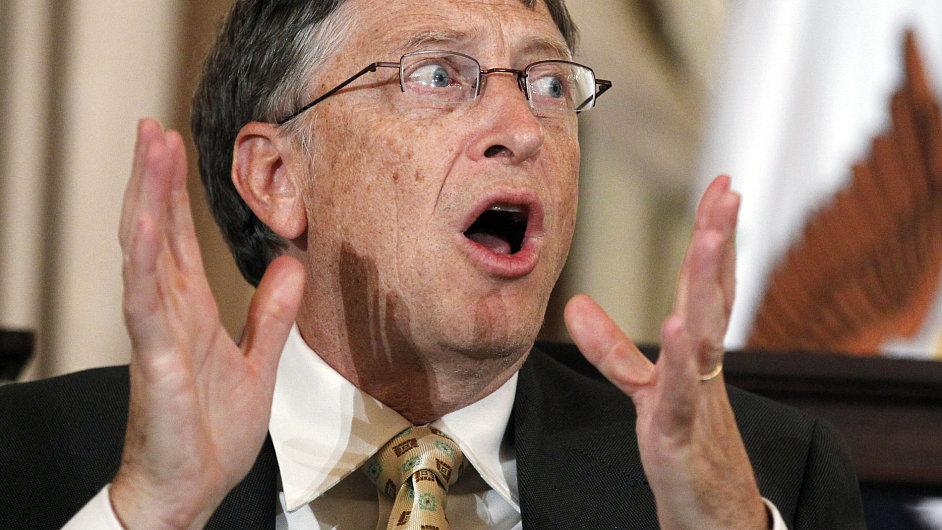In a stunning and unprecedented move, billionaire philanthropist Bill Gates has announced that he will be giving away nearly all of his estimated $200 billion fortune, retaining only one percent for himself. Alongside this decision, Gates revealed plans to shut down the Bill and Melinda Gates Foundation, the charitable organization he co-founded and which has played a pivotal role in global health, education, and poverty alleviation for over two decades.

Bill Gates, known globally not only for co-founding Microsoft but also for his extensive philanthropic efforts, has been a central figure in the fight against infectious diseases, climate change, and educational inequity. The Bill and Melinda Gates Foundation has disbursed tens of billions of dollars worldwide, making significant impacts in vaccine distribution, sanitation projects, and global health initiatives.
The announcement that the foundation will be closed marks a dramatic shift in Gates’s approach to philanthropy. According to sources close to Gates, the decision is driven by a desire to evolve how charitable work is conducted, potentially moving towards new models of giving and partnership. Gates reportedly wants to focus on more direct investment strategies and entrepreneurial approaches to solve global problems, rather than traditional grant-making.

Retaining only one percent of his wealth signals Gates’s commitment to giving away the vast majority of his fortune during his lifetime. This aligns with his longstanding pledge to the Giving Pledge, a campaign encouraging billionaires to donate most of their wealth to philanthropic causes. Gates’s actions set a powerful example for other ultra-wealthy individuals to follow.
The news has sparked intense reactions across various sectors. Philanthropy experts have praised Gates for his dedication to social causes and for pushing the boundaries of how philanthropy can be reimagined in the 21st century. Many see this as an opportunity for innovation in charitable giving that could influence global efforts for decades to come.
However, the decision to close the Bill and Melinda Gates Foundation has also raised questions and concerns. The foundation has been instrumental in numerous successful initiatives, including the fight against polio and efforts to combat malaria and HIV/AIDS. Stakeholders are now curious about how ongoing projects will be managed and whether new structures will be put in place to sustain these efforts.

Gates’s move has also reignited discussions on wealth distribution, the role of billionaires in society, and how best to address systemic issues through philanthropy. Critics argue that the closure of such a major foundation could create gaps in funding and coordination, while supporters believe that new, adaptive strategies could emerge as a result.
In addition to his philanthropic endeavors, Bill Gates has maintained a presence in technology and innovation, continuing to invest in climate solutions, healthcare advancements, and education technologies. His future plans, post-foundation, are expected to focus on these areas, leveraging his resources and influence in new ways.
In conclusion, Bill Gates’s announcement to give away nearly all of his $200 billion wealth and shut down the Bill and Melinda Gates Foundation marks a historic moment in philanthropy. It challenges traditional paradigms and opens the door to new approaches in addressing global challenges. As the world watches this transformation, Gates’s legacy as both a tech pioneer and humanitarian continues to evolve.






